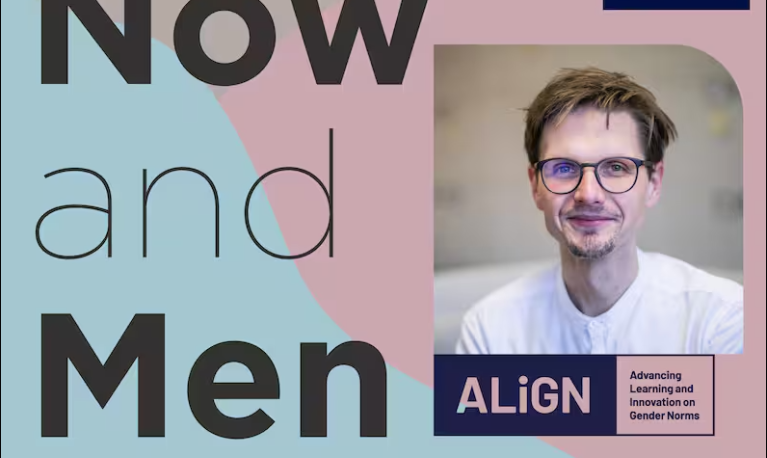- Report
- 28 May 2024
Men in politics as agents of gender equitable change: gender norms and political masculinities
- Author: Ján Michalko, Matthew Maycock
- Published by: ALIGN
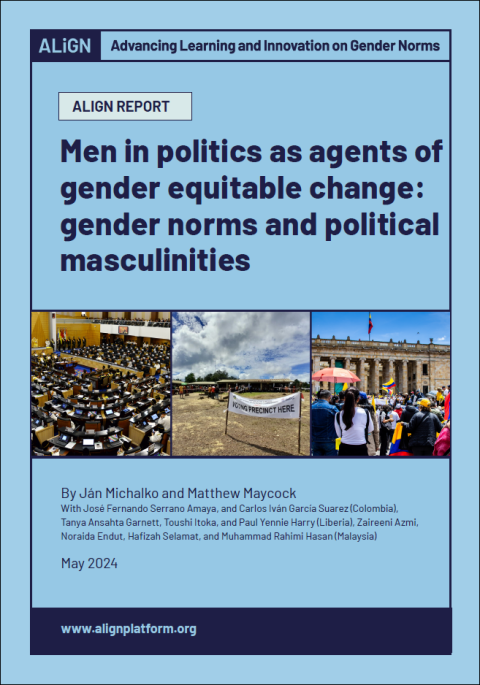
Men in politics as agents of gender equitable change examines why men in politics decide to support gender equality, how they explain and frame their allyship, and how their actions are perceived by women politicians, activists and students. Drawing on evidence from three countries: Colombia, Liberia and Malaysia, this research contributes in-depth, qualitative and cross-country analysis of how gender norms are influencing decisions of men politicians to support gender equality in the Global South.
As key stakeholders in changing norms around political masculinities and representation in politics, the project responded to feminist calls for a better understanding of how more men can be motivated to take an active role in addressing gender inequalities. Despite their diverse histories, social, political and economic contexts, all three countries had senior government officials expressing support for feminist foreign policy and a greater public discourse on gender equality or feminist politics among men politicians.
Based on key informant interviews and focus group discussions with politicians, activists and university students, the study explores how personal motivations, political institutions, social norms, and global gender equality regimes help to shape men’s engagement – or lack of it – with gender equality, while being mindful of the risk of the appropriation of feminist principles to maintain patriarchal inequalities and intersecting systems of oppression.
This cross-country analysis, together with the three country reports, tease out the implications for politicians, international donors, civil society and researchers on how best to engage with men in positions of power to promote the sustainable transformation of unequal gender norms.
Key messages:
- Men in politics have the potential to be agents of change for gender equality. Yet most gender equality supporters in the three case study countries refuse the feminist label and describe themselves as: allies, advocates, or supporters of feminism, gender equality and women.
- Refusal of men politicians to adopt a feminist label is a calculation that considers three interconnected factors: personal, institutional and societal – which ranges from their convictions and personal relationships, the costs and benefits of challenging norms in political parties to potential electoral repercussions.
- Ways in which men politicians enact their allyship is diverse – from being silent sympathisers to proactive developers of their own gender equality initiatives. While their political parties may differ, their activism is influenced by the extent of the alignment of their party agendas with gender equality.
- Feminist activists, women politicians and young people find it hard to identify men who are feminist politicians or those who truly care about gender equality. Such pro-equality men are perceived as too few, disconnected from the feminist movements and each other and often ‘not doing enough’ and failing to have introduced alternative political masculinities.
- Prevailing patriarchal political discourse and overall distrust of political representatives, means men politicians who support and promote gender equality are viewed with scepticism and suspicion, though activists and women politicians recognise them as necessary and potentially helpful agents of pro-equality change.
- Countries / Regions:
- Global
Related resources
16 May 2024
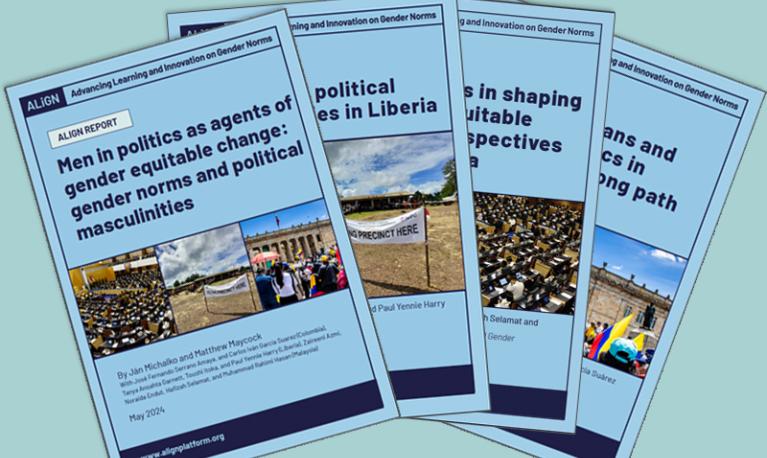
2 November 2020
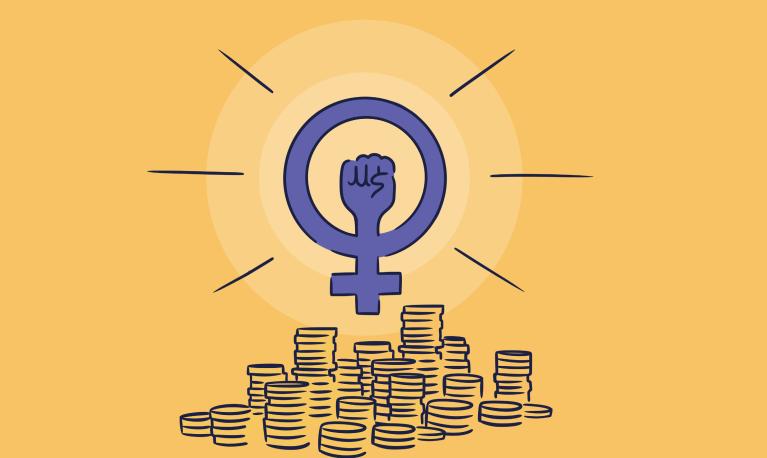
ALIGN's micro-grant scheme provides small funding grants to individuals and organisations with the aim of generating new research, synthesis and brokering to better understand various aspects of…
Report
20 May 2024
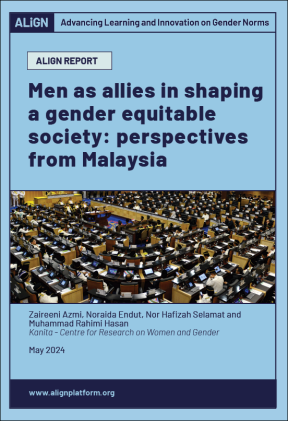
Report
13 May 2024
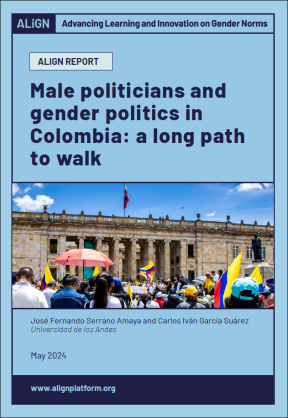
Report
1 May 2024

Video/podcast
15 May 2024
